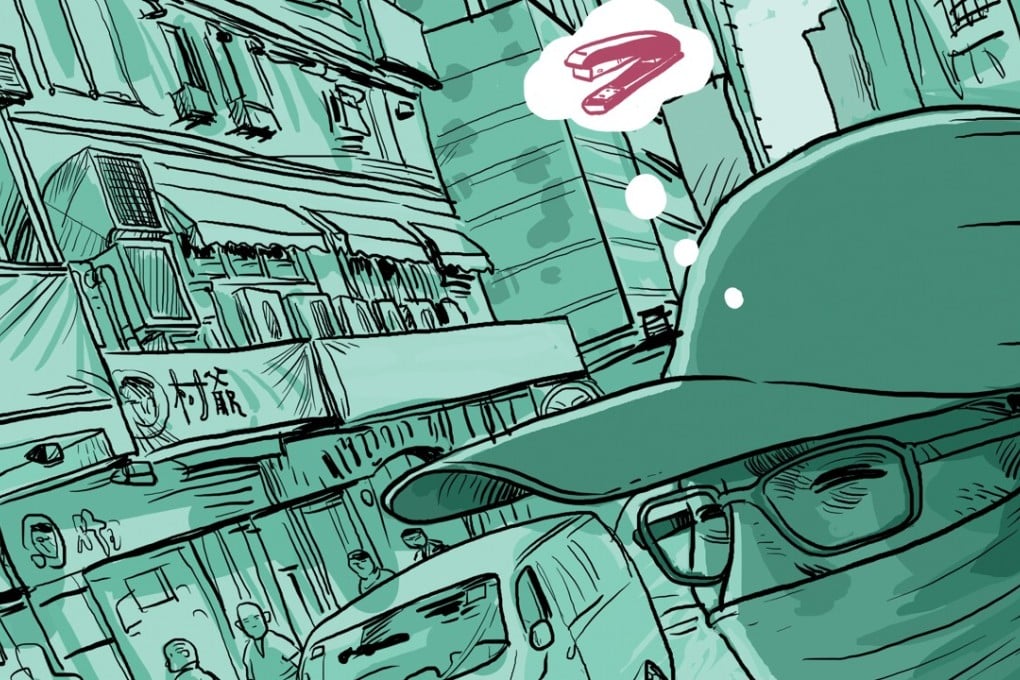Who is the man at centre of Hong Kong’s bizarre allegation of torture, staples and kidnap in broad daylight?

When he first claimed he had been shoved into a van in Mong Kok by two Mandarin Chinese-speaking men, blindfolded and had staples punched in cross-shaped fashion on his large thighs, people were aghast.
As he hitched up his shorts at a press conference last week to show his wounds, he and Democratic Party elders claimed the cruel acts were the handiwork of mainland agents.
‘We believed him’: Democratic Party head speaks out on why they helped Hong Kong activist go public with kidnapping claim
But on Tuesday as the story came undone, questions surfaced on Lam’s credentials.
Who is Lam and how did he succeed in persuading party veterans to back his case “wholeheartedly”, in the words of founder Albert Ho Chun-yan? What was his standing that he could be such a threat to mainland agents if all he wanted to do was to mail a postcard to Liu Xia, the widow of the late dissident Liu Xiaobo?
In any event, no one knew how to reach her, so what danger did Lam pose to anyone? What was his real game plan?
There have been few answers thus far. But within the party, Lam remains a controversial figure.